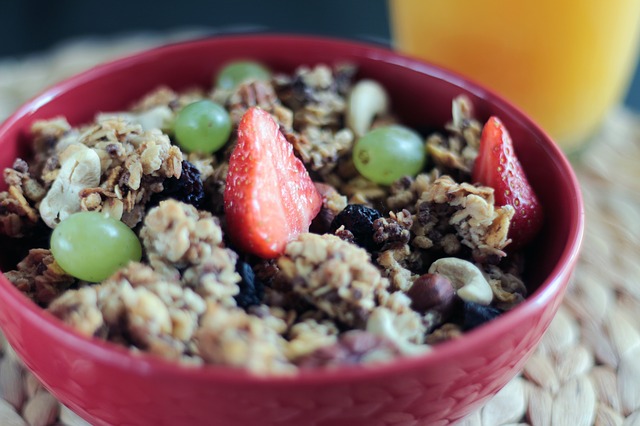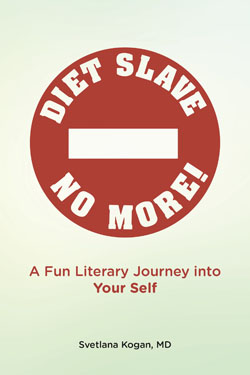
In America, it’s estimated that between 25 million and 55 million people suffer from some type of Irritable Bowel Syndrome. Though there is no cure for IBS, learning to manage your symptoms when they act up is crucial in order to get your system back on track whenever irritation occurs. Different individuals can have different triggers, but luckily turning to foods that are rich in fiber is the quickest and easiest way to ease your IBS, no matter what the cause. Here are 5 fiber-rich foods to eat for Irritable Bowel Syndrome whenever you’re having bloating, gas, or pain:
Beans
This means all kinds of beans including kidney, black, garbanzo, lima, navy beans. Not only are beans fiber-rich, but they packed with protein too. This makes them ideal for easing IBS symptoms and feeding the healthy gut bacteria you already have.
Oats, Grains, and Barley
This includes things like oatmeal, crackers, pastas without sauce, and plain, dry cereals without milk. These foods are complex carbohydrates and high in fiber, making them easier for your system to handle. This also makes them less likely to irritate your stomach when consumed.
Rice
An old standby of the BRAT diet (Bananas, Rice, Applesauce, Toast) that we follow whenever we have an upset stomach, rice is a great food for easing discomfort. It’s best when consumed as plain as possible because the less your stomach has to deal with sorting out, the better!
Fresh and Dried Fruits
Depending on your symptoms, different fruits can help with different symptoms of IBS. Bananas, raisins, apricots, plums, mangos, pineapple and pears are a good place to start. Fruit skins can also be an irritant for some people, but not for everyone, so be sure to remove them if you know you need to in order to steer clear of further irritation.
Fresh Vegetables
Though raw veggies are a great option, your stomach may be able to tolerant steamed or partially cooked vegetables better than those that are raw. Cooking them will partially break them down so that they are less of a burden on your system to digest. Most vegetables are a safe bet, but you might want to avoid any veggies that are known to cause gas, such as cabbage, sprouts, cauliflower, sweetcorn, broccoli, beetroot, and peas.
It’s important to keep in mind that each case of Irritable Bowel Syndrome is different, so not all of these fiber-rich foods will be suitable for every IBS sufferer. Keeping a journal of your food intake and what bothers you so that you can avoid triggering IBS symptoms or making them worse can help. Working with a nutritionist and with your doctor will also help you determine what’s best to each whenever your IBS is triggered.








